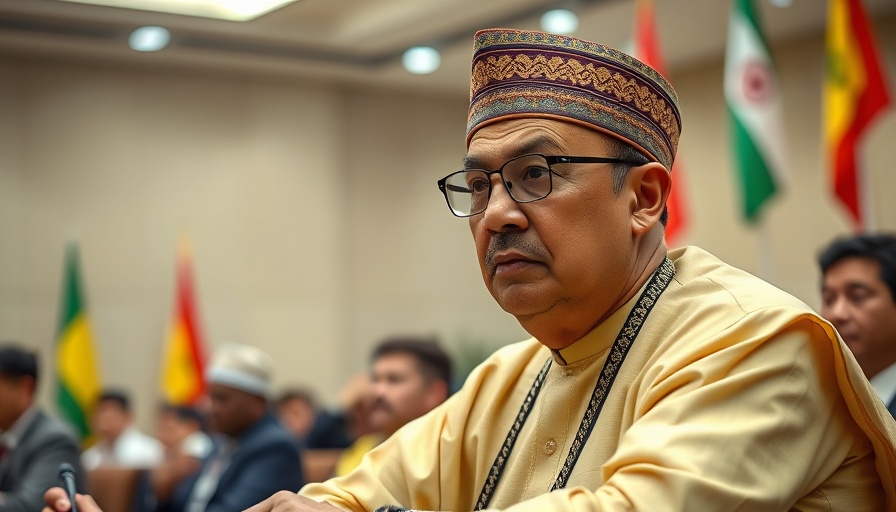
Understanding the Impact of Buhari’s Policies on Nigeria's Tech Landscape
As Nigeria reflects on the legacy of former President Muhammadu Buhari, it is evident that his administration significantly influenced the nation’s tech ecosystem between 2015 and 2023. From regulatory changes to the promotion of digital currency, Buhari's policies created a complex landscape for tech entrepreneurs and startups, which remain relevant today.
The Twitter Ban: A Double-Edged Sword
In June 2021, the unexpected ban on Twitter sparked outrage among Nigerians, whose businesses and livelihoods depended heavily on the platform for visibility and engagement. Initially intended to foster order, the seven-month suspension stifled digital communication and forced many creators underground. Blind to the internet's evolving role, the ban had unintended consequences that dampened investor confidence, showcasing the importance of government sensitivity to the rapidly changing digital environment.
Cryptocurrency Controversy: Regulation vs. Adoption
Buhari's administration took a hard stance on cryptocurrency, banning banks from facilitating crypto transactions in early 2021. Oddly enough, this ban sparked increased interest in decentralized financial systems, with Nigeria boldly leading the pack in peer-to-peer crypto activity. By the end of 2024, Nigerians were responsible for approximately half of Sub-Saharan Africa's $125 billion in crypto transactions, illustrating that regulation can sometimes spur innovation rather than quash it.
NIN-SIM Linkage: Disrupting Digital Access
The directive to link SIM cards to the National Identification Number (NIN) had a profound impact, resulting in a staggering 30% drop in Nigeria's mobile subscriber base. While this policy aimed to enhance security, it also exemplified the tension between regulatory compliance and user access. The fallout from these decisions underscores the need for a balanced approach to digital identity issues.
The Startup Act of 2022: A Silver Lining?
In a bid to rectify earlier missteps, the Nigeria Startup Act introduced in late 2022 provided a much-needed framework for supporting tech startups. With incentives such as tax breaks and government loans, the Act has the potential to stimulate growth and innovation, encouraging investors to refocus on the burgeoning Nigerian tech scene.
Looking Ahead: Opportunities in Nigeria’s Tech Ecosystem
The evolving policies under Buhari set the stage for Nigeria’s tech revolution. As entrepreneurs, investors, and industry leaders navigate this complex landscape, they are met with unique challenges and opportunities. By understanding the ramifications of past policies, stakeholders can better strategize for sustainable growth in key fields such as AI, fintech, and blockchain.
With all these transformative changes, the future of work in Africa is bright. Ensuring that innovations continue to thrive will require collaboration among policymakers, tech entrepreneurs, and the communities they serve.
 Add Row
Add Row  Add
Add 


Write A Comment